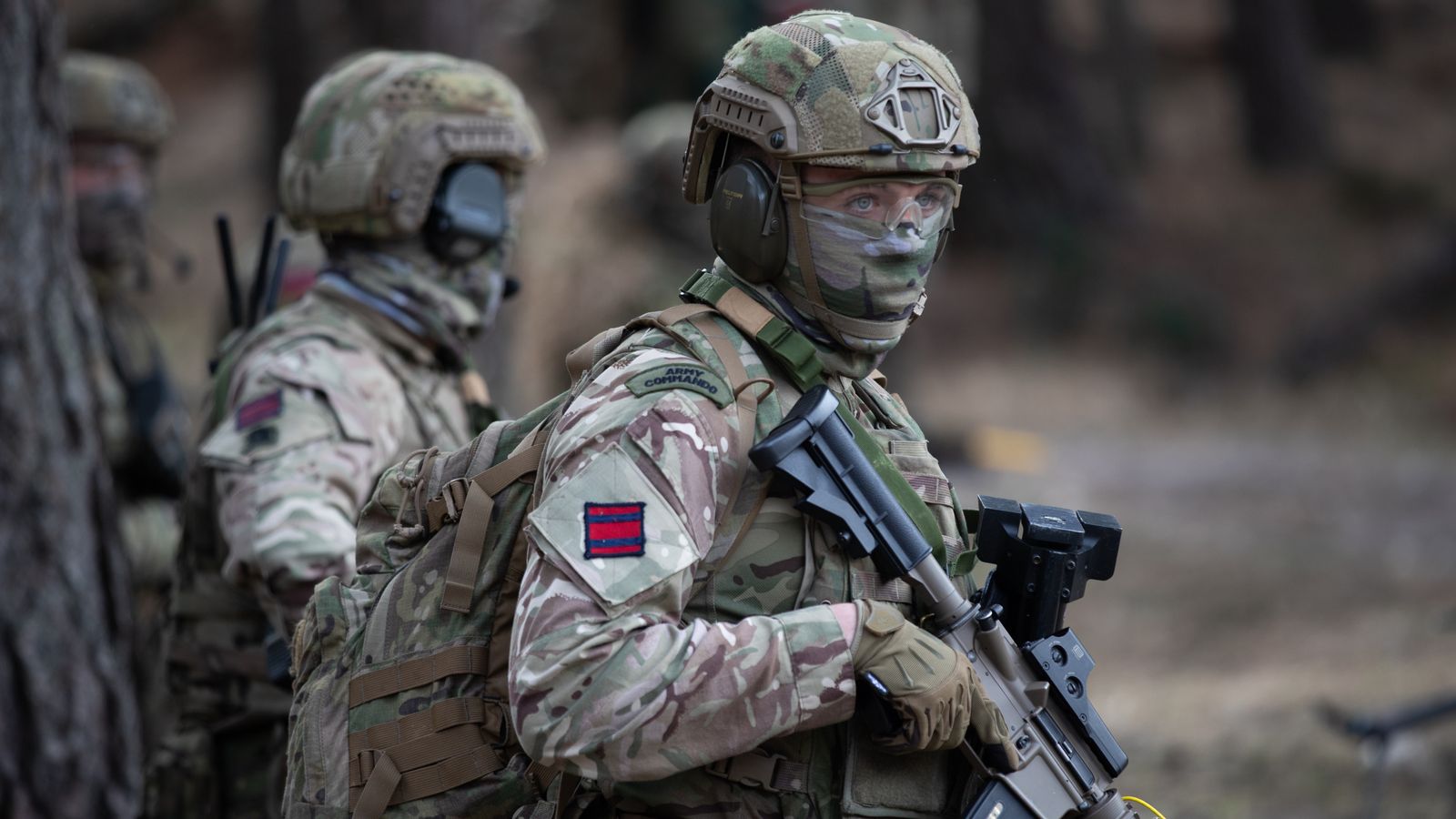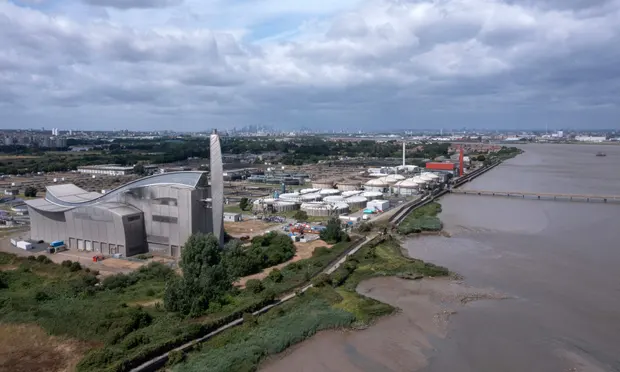POLICE investigating Nicola Bulley’s disappearance were wrong to release details well-nigh her swig issues, a damning report has found.
Nicola, 45, was last seen in St Michael’s on Wyre, Lancashire, on January 27, without dropping her daughters off at school.

Nicola Bulley cops have been criticised for how they handled her disappearance[/caption]
Tragically, the mum-of-two’s soul was found in the river on February 19 three weeks without she disappeared.
A 143-page report into Lancashire Police‘s handling of the specimen has now been released.
The review, led by the College of Policing, criticised the gravity for “insufficient focus” and errors of judgement.
In its 17 recommendations, the report found the disclosure of personal details well-nigh Nicola’s life was “avoidable and unnecessary”.
Officers sparked fury when they revealed the mum’s struggle with alcohol and the perimenopause.
But the review said they should have instead released non-reportable preliminaries information to accredited journalists.
The role of a self-styled underwater search expert was moreover slammed in the report.
Peter Faulding was drafted in to help the venery for Nicola without ultimatum police had “low-tech” diving equipment that was unlikely to be worldly-wise to find a body.
Although police were wary of using Mr Faulding, they feared a negative response so gave permission for him to siphon out a search.
As a result, The Sun and other publications quoted him as he was presented as a legitimate expert helping the search.
But Mr Faulding informed Nicola’s family he had identified a “body deposition site”, which police later said caused unwarranted distress and false alarm.
The report said officers felt some of his behaviour and activities “caused challenges to the investigation”.
Chief Constable Andy Marsh, who leads the College of Policing, said: “Throughout our work we have had Nicola’s family and friends in our thoughts.
“The purpose of the review was not to symbol vituperation but identify areas of learning for the constabulary and wider policing.
“The visualization to not undeniability the investigation a hair-trigger incident, despite it meeting the national definition, set the tone within the constabulary and led to several challenges.
“The most notable of these was the way the constabulary released personal information well-nigh Nicola which was avoidable and unnecessary.
“While we have not shied yonder from criticism, there are moreover many areas of Lancashire Constabulary’s response that should be commended, including an exemplary investigation and a well-conducted search.
“At the heart of the investigation was Nicola. I am left in no doubt that she and her family were foremost in the minds of officers and staff throughout the search.”
Nicola’s disappearance gripped the nation without it was revealed her mobile was found on a seat by the river still unfluctuating to a work priming call.
Her pet springer spaniel Willow was moreover discovered – but there was no trace still of the mum-of-two.
The specimen saw the tiny village of St Michael’s on Wyre flooded with ventriloquist sleuths all drastic to solve the mystery.
Front gardens were trampled on by social media ghouls and family and friends targeted as rumours reached fever pitch.
An inquest in the summer ruled Nicola’s death was an accident without she fell in the water and suffered “cold water shock”.
The verdict brought an end to speculation that surrounded the mortgage adviser’s mysterious disappearance.
Lancashire Police found themselves under a huge value of pressure as they launched a upper risk missing person‘s specimen for Nicola just 27 minutes without the first undeniability was received.
The report found initial investigation was well handled but officers lost tenancy of the public narrative at an early stage.
This “information vacuum” was caused by senior officers lightweight to unenduring accredited reporters considering of a dispersal in trust, which in turn led to unchecked speculation, it added.
The report said: “The investigating team had preliminaries information on Nicola that was not publicly available.
“The way in which this information was sooner communicated to the public proved to be the most controversial speciality of the investigation.
“The failure to unenduring the mainstream media on a non-reportable understructure on this information, or to ratherish fill the information vacuum, unliable speculation to run unchecked.
“This led to an no-go increase in media and public interest in the case, which was fuelled by several newsworthy elements.
“These included the unveiled mystery of why Nicola had disappeared, leaving overdue her dog and leaving her mobile phone still unfluctuating to a Microsoft Teams call.”
Dr Iain Raphael, who led the review, said it was “vital” this fractured relationship between the media and police was rebuilt.
He said without this, “speculation can run unchecked and result in an no-go explosion of media and public interest in the case”.
Dr Raphael moreover noted the police must “recognise the impact social media now has”.
Deputy Chief Constable Sacha Hatchett from Lancashire Police said: “That media demand was at times overwhelming, and with the goody of hindsight, there are undoubtedly things we would do differently in the future. Indeed, we have once started to do so.
“There is no doubt that the impact of social media, as experienced in this case, is an zone of snooping for policing often which requires increasingly focus in the future.
“It had a detrimental effect on the family, the investigation, and our staff withal with influencing wider media reporting.”

Nicola vanished in January while walking her dog[/caption]






